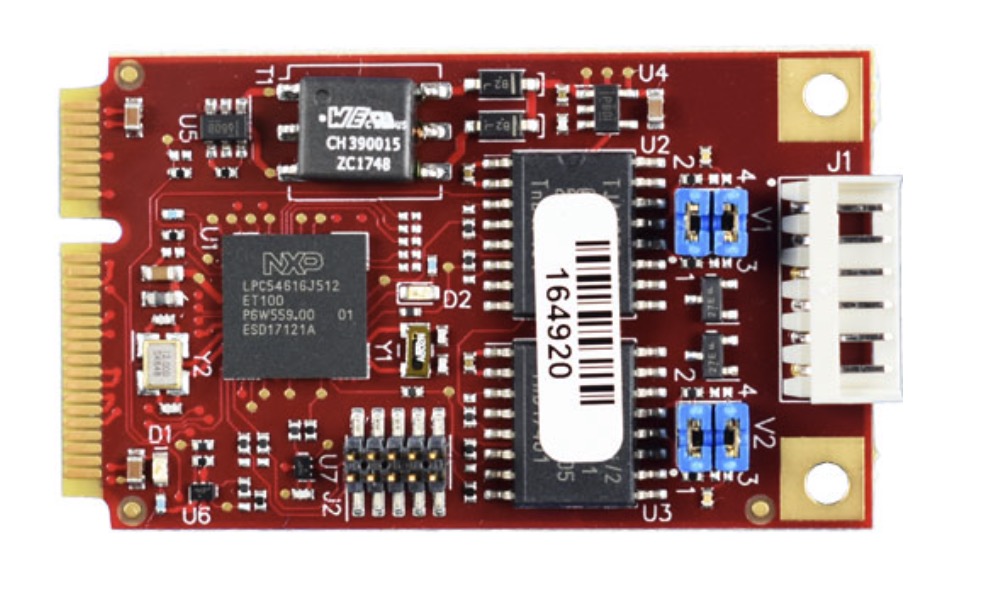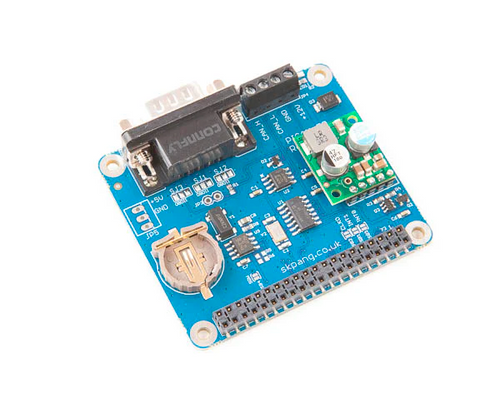Recent Posts
Industrial Strength Dual CAN FD Interface in Mini PCIe Form
Posted by on
The VL-MPEu-C1 module by Versalogic, compliant with the Mini PCIe format, is a tiny and rugged dual-channel CAN Bus add-on interface. It supports CAN-FD for high-speed data transfer but is still fully compatible with CAN 2.0 A and CAN 2.0 B (Classical CAN). It supports additional CAN functions, including message acceptance filtering, listen-only mode, and wake-up over CAN. It is specified for a temperature range from -40 °C to +85 °C.
The module connects to a host controller (PC, etc.) that provides Mini PCIe slots. It furnishes two independent CAN FD interfaces running up to 5 Mbit/s in the data phase. The arbitration bit rate is configurable up to 1 Mbit/s. The bit-timing settings comply with the recommendations as specified in the CiA 301 Standard. The software included with the module is compatible with Windows and Linux, and there is support for CANopen.
Versalogic also offers further Mini PCIe boards, which can be customized when ordered in quantities as low as 100 pieces. The options include conformal coating, application-specific testing, special labeling, and more.
- CAN-FD and CAN 2.0 A/B - Supports current and legacy network speeds
- CANopen® Protocol Support - Applicable across a wide range of industries
- 2.5 kV Galvanic Isolation - Protect host system
PICAN CAN Bus FD Board with Real-Time Clock for Raspberry Pi with SMPS
The PiCAN FD board provides CAN Bus FD (Flexible Data Rate) capability for the Raspberry Pi 3. It uses the Microchip MCP2517FD CAN FD controller with MCP2562FD CAN transceiver. Developed by Bosch, CAN with Flexible Data-Rate (CAN FD) is an extension to the original CAN protocol as specified in ISO 11898-1 that responds to increased bandwidth requirements in automotive networks. Connections are made via DB9 or 4 way screw terminal. The board comes with with a 5v 1A SMPS that can power the RPi as well via the screw terminal or DB9 connector. A real time clock with battery back up (battery not included) is also on the board. There is an easy-to-install SocketCAN driver, and programming can be done in C or Python.
 Loading... Please wait...
Loading... Please wait...


